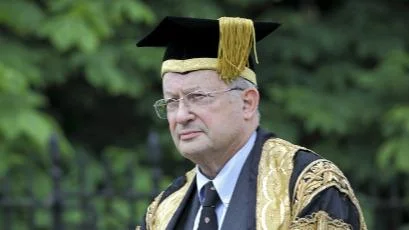The documentary heritage related to Charles Darwin's life and work has been added to the UNESCO International Memory of the World Register. This inclusion emphasizes the archive's significant role in global science and its necessity for long-term preservation. This UNESCO program aims to protect records that narrate human civilization's stories, akin to UNESCO World Heritage Sites.
A collaboration among six institutions, including Cambridge University Library, the Natural History Museum, and others, the Darwin archive offers a comprehensive look into the esteemed scientist's contributions. Comprising over 20,000 items, the collection showcases Darwin's development of the theory of evolution and his extensive travels.
Cambridge University Library houses a vital segment of the archive, featuring Darwin's books, notes, letters, and photographs. The collection includes notable items like Darwin’s "Tree of Life" diagram and pocket notebooks that challenge the stability of species. The Linnean Society of London holds other documents and the original portrait commemorating Darwin’s theory presentation in 1858.
The Natural History Museum features a letter illustrating Darwin's thoughts on species research and detailed instructions to his wife Emma. Letters and personal documents at the museum exhibit his comprehensive scientific interests. Correspondence with publisher John Murray, available at the National Library of Scotland, documents the publication journey of "On the Origin of Species."
Additional documents at the Royal Botanic Gardens, Kew, reveal Darwin's exchanges with Professor Henslow during the HMS Beagle expedition. Down House, maintained by English Heritage, contains over 200 books and personal items, highlighting both Darwin's professional and private life. The collection, largely donated by Darwin’s descendants, includes various personal and professional memorabilia.
The application of this archive to the UNESCO Register marks a milestone in preserving Darwin’s legacy, gathering materials across UK institutions ensuring their preservation for future generations. Under the UNESCO program, these archives, much like the Domesday Book and other esteemed collections, are accessible to the public.
Baroness Chapman of Darlington stated, "The recognition of the Charles Darwin archive on UNESCO's International Memory of the World Register is a proud moment for British science and heritage." Ruth Padel echoed this sentiment, emphasizing the archive’s accessibility. Dr. Jessica Gardner of Cambridge University Libraries also expressed pride in UNESCO’s recognition of this significant collection.
###

